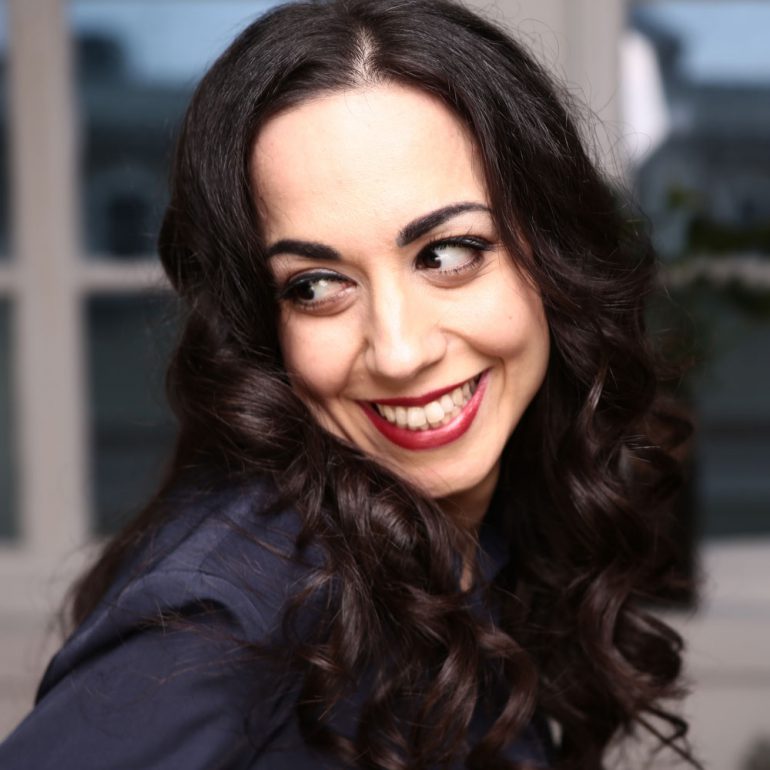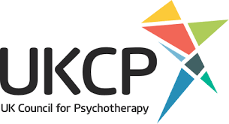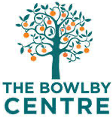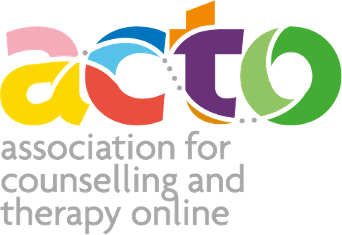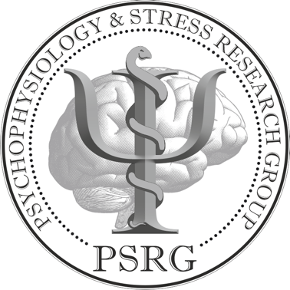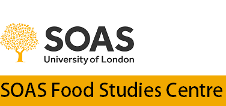My whole life’s work so far has included one key ingredient – relationships. From teaching psychology at university, to researching what makes us lead happier and healthier lives, to practicing therapy with people who are struggling with their mental health, my expertise in the field of attachment is the foundation for all the work I do.
About Me
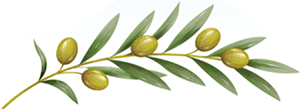
My academic story
My academic story starts with my PhD, which was in the area of relationship science, combining psychology and physiology. My research looked at how our relationships (our attachment styles) link to how our body’s ‘fight-or-flight’ system manages stress. How we cope with stress is critical for both our physical and mental health. My research findings were clear; the more secure our relationships are, the better our body’s health, especially when it comes to stress hormones, like cortisol. And the more we confide in those who are closest to us, the healthier our body develops.
My research
My scientific research over the years has taken this ‘mind-body’ approach to try to better understand several aspects of our well-being and mental health. I have published my research in peer-reviewed journals (see here). My research and clinical experience feeds into my teaching work; I run international training courses for both private organisations and the NHS (see here) and I am a senior lecturer in psychology at Middlesex University.
You can find my paper about cooking, attachment and stress published in the journal Gastronomica here, and also my article about comfort food for the food newsletter Vittles here. I recently wrote about what happens when we bring our food selves into therapy, as well as what happens when we share food with others.
My article Cupboard love – Unwrapping the comfort in food was the cover feature of the May 2022 issue of The Psychologist.
I was a finalist in the Investigative Food Work category for the Guild of Food Writers Annual Awards 2022.
I was one of the winners of 2023 M.F.K. Fisher Last House Writing Contest.
Qualifications and training
- Attachment-based psychoanalytic psychotherapy at the Bowlby Centre
- PhD in Psychology
- BSc in Cognitive Science (First)
Memberships
- Registered member of the UK Council for Psychotherapy (UKCP)
- Associate fellow of the British Psychological Society (BPS)
- Member of the Bowlby Centre
- Member of the Psychophysiology and Stress Research Group (PSRG), University of Westminster
- Research associate for the Centre of Abuse and Trauma Studies (CATS), Middlesex University
- Associate member of the Food Studies Centre, School of Oriental and African Studies (SOAS University of London)
- Associate member of the Association for Counselling and Therapy Online
My therapy story
I learned from my research is that it’s good to talk, to confide in our nearest and dearest. But this is something I have learned even more through my own life experience and telling my own story in therapy as a client myself, as well as from having the privilege to hear others’ stories when they come to see me for therapy.
I am trained in attachment-based psychoanalytic psychotherapy. You can find out more information about the way I practice and the services I offer here. For me, what’s most important is the relationship between me and the person I’m working with – it’s the quality of this that is most important to whether the therapy will be helpful. And that’s not only my personal opinion! There’s lots of scientific research out there that supports this. My teaching and research expertise in attachment is important for my therapy practice – it really helps me to understand my clients more.
My cooking story
My cooking story started in childhood. It’s a tale of two kitchens: the real kitchen in our family home where my mum used to cook and my own Bluebird a la carte toy kitchen, where I held fort as a mini domestic goddess. The thing is, I wasn’t a good cook, neither in play nor in real life. When I was about 7 or 8 years old I would often make fairy cakes for my teachers but they never turned out right or good enough to take into school – they would always end up in the bin. But from that young age I learned that food was a real drive-thru to feelings – with every tray of failed fairy cakes came fast feelings of low confidence, upset and disappointment. I would scour the ‘What Went Wrong’ pages of my Ladybird recipe book trying to discover what I was doing wrong. But while trying to become a better baker, I was seemingly becoming a psychotherapist instead – I wanted to understand things. I wondered why and how things went wrong and how to help make them better.
In my own family, food was linked to feelings – my mum hated cooking (and still does). But that feeling never flavoured the food she cooked; every evening she would cook and we ate together as a family. Our dinner table was the glue that held us together, when times were both good and bad. I’m from a Greek Cypriot family, and food is the core of my ethnic heritage. But it’s more than just identity; food is feeling.
In an attempt to have a happy ending to my cooking story, in 2018 I did a professional cooking training at Leiths School of Food and Wine. I think the experience helped me to be a better therapist (and hopefully a better cook too). The ingredients found in good therapy – hope, comfort and connection, are found in food, from cooking to eating.

